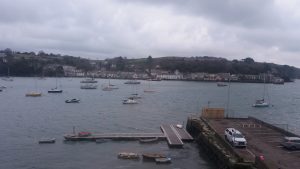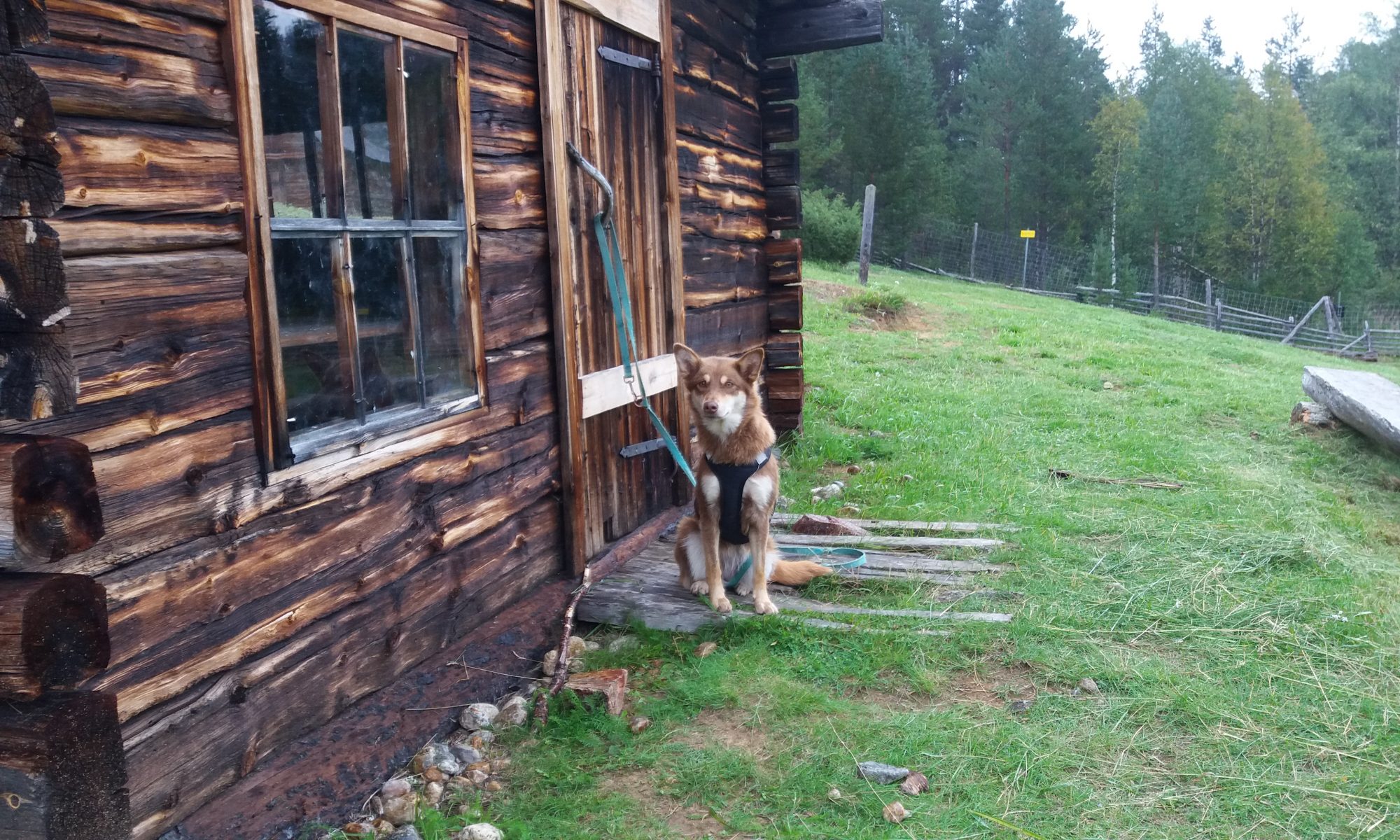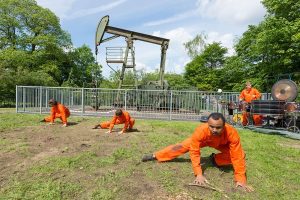A new open access article has recently been published in the journal Open Archaeology, featuring contribution from Suzie Thomas of Cultural Heritage Studies at the University of Helsinki. The article, titled “Archaeological Knowledge Production and Global Communities: Boundaries and Structure of the Field“, is a joint effort with international collaborators from Lithuania, Canada, Sweden, Spain, Portugal and Cyprus. It is produced as part of a COST Action Network named ARKWORK: Archaeological practices and knowledge work in the digital environment.
The abstract is as follows:
Archaeology and material cultural heritage enjoys a particular status as a form of heritage that, capturing the public imagination, has become the locus for the expression and negotiation of regional, national, and intra-national cultural identities. One important question is: why and how do contemporary people engage with archaeological heritage objects, artefacts, information or knowledge outside the realm of an professional, academically-based archaeology? This question is investigated here from the perspective of theoretical considerations based on Yuri Lotman’s semiosphere theory, which helps to describe the connections between the centre and peripheries of professional archaeology as sign structures. The centre may be defined according to prevalent scientific paradigms, while periphery in the space of creolisation in which, through interactions with other culturally more distant sign structures, archaeology-related nonprofessional communities emerge. On the basis of these considerations, we use collocation analysis on representative English language corpora to outline the structure of the field of archaeology-related nonprofessional communities, identify salient creolised peripheral spaces and archaeology-related practices, and develop a framework for further investigation of archaeological knowledge production and reuse in the context of global archaeology.
Full reference information:
Rimvydas Laužikas, Costis Dallas, Suzie Thomas, Ingrida Kelpšienė, Isto Huvila, Pedro Luengo, Helena Nobre, Marina Toumpouri, and Vykintas Vaitkevičius. 2018. Archaeological Knowledge Production and Global Communities: Boundaries and Structure of the Field. Open Archaeology 4: 350–364. https://doi.org/10.1515/opar-2018-0022




